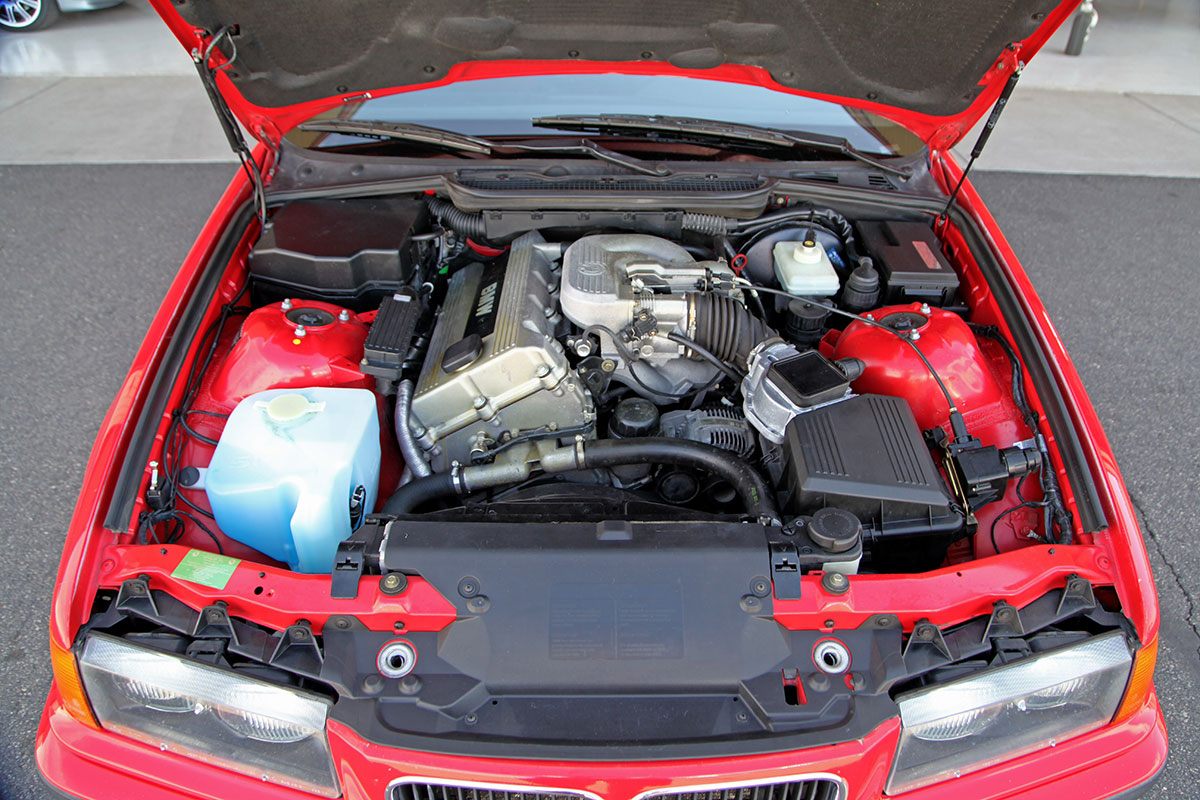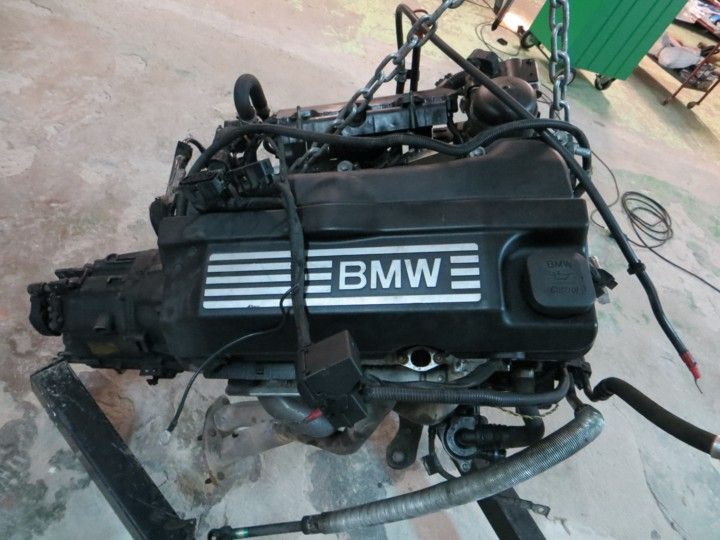Vital Factors To Consider for Selecting the most effective Engine for Your Requirements
In the world of selecting the optimal engine to meet your requirements, numerous important elements demand careful factor to consider to ensure optimal performance and performance. From the nuanced balance in between power and performance to the often-overlooked facets of maintenance and service requirements, each element plays a critical role in establishing the most ideal engine for your specific requirements.
Power and Efficiency
When assessing engines for optimum efficiency, it is vital to prioritize both power outcome and performance. Effectiveness refers to how well the engine converts fuel into functional power. By carefully evaluating both power and effectiveness, you can select an engine that provides optimal performance and meets your requirements efficiently.
Fuel Efficiency and Economic Climate
In the realm of engine option, the factor to consider of gas efficiency and economy holds vital value. Fuel efficiency describes the engine's capacity to transform fuel right into power with minimal waste, directly affecting operating costs and environmental sustainability. bmw 318ti. When selecting an engine, evaluating its fuel economy is crucial to figure out lasting financial savings and ecological effect. Engines with greater fuel performance not just minimize fuel costs yet also lower carbon emissions, adding to a greener operation.

Compatibility and Application
Thinking about the gas performance and economic climate of an engine, the next crucial facet to address is its compatibility and application within details functional contexts. Compatibility refers to how well the engine integrates with the total system or equipment it powers. It involves elements such as physical measurements, placing alternatives, electric interfaces, and control systems. Making sure compatibility is necessary to prevent concerns such as overheating, vibrations, or power discrepancies (bmw 318ti).
Various engines are made for details functions, whether it be commercial equipment, marine vessels, autos, or power generators. Recognizing the desired application allows for the choice of an engine that can provide the necessary power outcome, torque, and functional qualities.
Upkeep and Service Needs
Upkeep and solution requirements play a crucial function in guaranteeing the durability and optimum efficiency of an engine. Routine maintenance is important to stop failures, extend the life expectancy of the engine, and maintain its efficiency. When picking an engine, it is essential to take into consideration the maker's suggested upkeep schedule and the accessibility of solution centers or certified service technicians.
Elements such as the regularity of oil changes, filter substitutes, and overall inspections can considerably impact the engine's performance. Some engines might need more constant maintenance based upon their website here layout and usage, while others might have longer periods between upkeep checks. It is crucial to abide by these service demands to prevent pricey repairs and unanticipated downtime.

Cost and Spending Plan Factors To Consider
Budget restrictions commonly play a considerable duty in the decision-making process when choosing an engine for a particular application. When taking into consideration the cost and budget effects of choosing an engine, it is necessary to analyze not just the preliminary purchase rate but additionally the long-term expenditures connected with maintenance, gas usage, and possible upgrades or repair services. It is crucial to strike an equilibrium between the ahead of time expense of the engine and its total lifecycle expenses to make certain that the picked engine stays monetarily sustainable throughout its functional life-span.
Aspects such as gas performance, resilience, and integrity can directly affect the complete price of possession of an engine. While a more expensive engine might have higher upfront prices, it might potentially result in reduced maintenance and fuel expenditures over time, thus supplying much better worth in the long run.
Verdict

Fuel effectiveness refers to the engine's capacity to convert fuel into energy with very little waste, straight impacting operating expenses and environmental sustainability.Factors affecting gas effectiveness include engine style, burning efficiency, and general performance optimization. In addition, choosing the proper fuel kind and grade as suggested by the engine producer can better enhance efficiency and extend engine life-span.
Engines with good serviceability functions and easily offered components can lower maintenance expenses and lessen the time the engine is out of operation - his response bmw 318ti. It is essential to strike an equilibrium in between the ahead of time price of the engine and its general lifecycle expenses to make certain that the selected engine continues to be monetarily sustainable throughout its functional lifespan